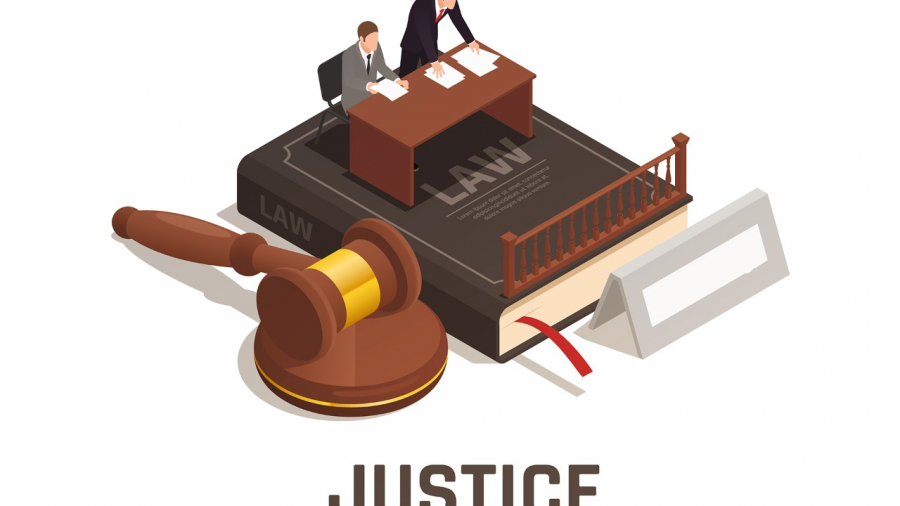Recently, in a judgment dated 09th January, 2020, the Armed Forces Tribunal, Principal Bench at Delhi (“Tribunal”) in the case of Praveen Bhatt v/s Union of India and Ors held that Section 16 of the Act (dealing with confidentiality of proceedings) merely prohibits publication of the material information and its knowledge being brought in the public domain by the press or media while the proceedings are held under the Act. The Act does not prevent or prohibit consideration of the material for the purpose of judicial investigation where consideration of such material may be necessary.
FACTS:
The Petitioner sought a review of his Annual Confidential Reports (AR) for the period of 2008 to 2017 and also sought review of the Selection Board’s proceedings in the matter of considering his case for promotion to the next higher post where certain references were made in the order with respect to proceedings initiated under the Sexual Harassment of Women at Workplace (Prevention, Prohibition and Redressal) Act, 2013 (“Act”).
A sexual harassment complaint was made against the Petitioner by a stenographer which was settled under conciliation wherein an apology was issued by the Petitioner and a ‘censure’ was awarded to the Petitioner that was valid for a period of two years on 03rd February, 2015 and the Special Promotion Board’s proceedings were held on 03rd January 2018 i.e. after the expiry of the tenure of the ‘censure’. Additionally, no reference of any misconduct on part of the Petitioner was made in the AR of 2014 or any subsequent ARs.
The Petitioner, by way of the present Petition, sought revision of the AR as well as the proceedings of the Selection Board’s proceedings on grounds of section 16 of the Act which is reproduced hereunder –
Prohibition of publication or making known contents of complaint and inquiry proceedings —
Notwithstanding anything contained in the Right to Information Act, 2005 (22 of 2005), the contents of the complaint made under section 9, the identity and addresses of the aggrieved woman, respondent and witnesses, any information relating to conciliation and inquiry proceedings, recommendations of the Internal Committee or the Local Committee, as the case may be, and the action taken by the employer or the District Officer under the provisions of this Act shall not be published, communicated or made known to the public, press and media in any manner: Provided that information may be disseminated regarding the justice secured to any victim of sexual harassment under this Act without disclosing the name, address, identity or any other particulars calculated to lead to the identification of the aggrieved woman and witnesses.
The argument was that by making references to these proceedings in the order in question, provisions of Section 16 were violated.
HELD
The court held that the arguments of the Petitioner were misconceived and dismissed his pleas for revision of the AR as well as the proceedings of the Special Promotion Board.
With regards to arguments made with respect to section 16 of the Act, it was held that the “reference made to the proceedings held under the Act of 2013 does not deal with the merits of the complaint and did not indicate the contents of the complaint; neither any name, nor particulars or anything is revealed. The references made are only the averments contained in the pleadings produced before us and the action taken after the proceedings were held in the Internal Complaints Committee.” The Court held that, “we do not find anything in the order which would cause any prejudice, bias or in any way harm the reputation or interest of the applicant. They are only observations of facts as they came on record, neither derogative nor adverse to the interest of the applicant in any manner whatsoever. The averments were justification given by the respondents for awarding censure to the applicant on 3rd February 2015 and the proceedings that were held before the Selection Committee. In our considered view, they are nothing but part of the material available on record and we see no reason to remove them from the order. That apart, the contention of the applicant that Section 16 of the Act of 2013 prohibits consideration of the same is wholly misconceived. Section 16 contained in Chapter V of the Act of 2013 deals with the manner in which a complaint received under the Act, is to be dealt with and inquiry conducted and while dealing with these aspects of the matter the law under Section 16 contemplates that in spite of the Right to Information Act, 2005 the contents of a complaint made under Section 9, identity and addresses of the persons mentioned therein and any information relating to conciliation and inquiry proceedings or even the recommendations made in such proceedings by various committees and the action taken by the employer or by any statutory authority shall not be published, communicated or made known to the public by means of press or media in any manner whatsoever. What is prohibited under this section is publication of the material information as indicated in the section and its knowledge being brought in the public domain by the press or media while the proceedings are held under the Act of 2013. The section neither contemplates nor does it prohibit consideration of the material in the manner provided under the law in a judicial proceeding, particularly when-the issue involved in the judicial proceedings warrants taking note of the proceedings held as was the question in the present case.”
The Court, thus, held that the scope of section 16 of the Act with regards to confidentiality was limited to publication of material information with regards to the inquiry in the public domain by the press or media while the proceedings are held.
 Cart is empty
Cart is empty 

